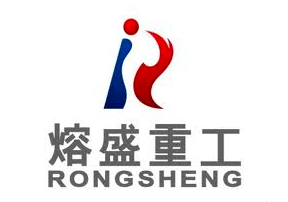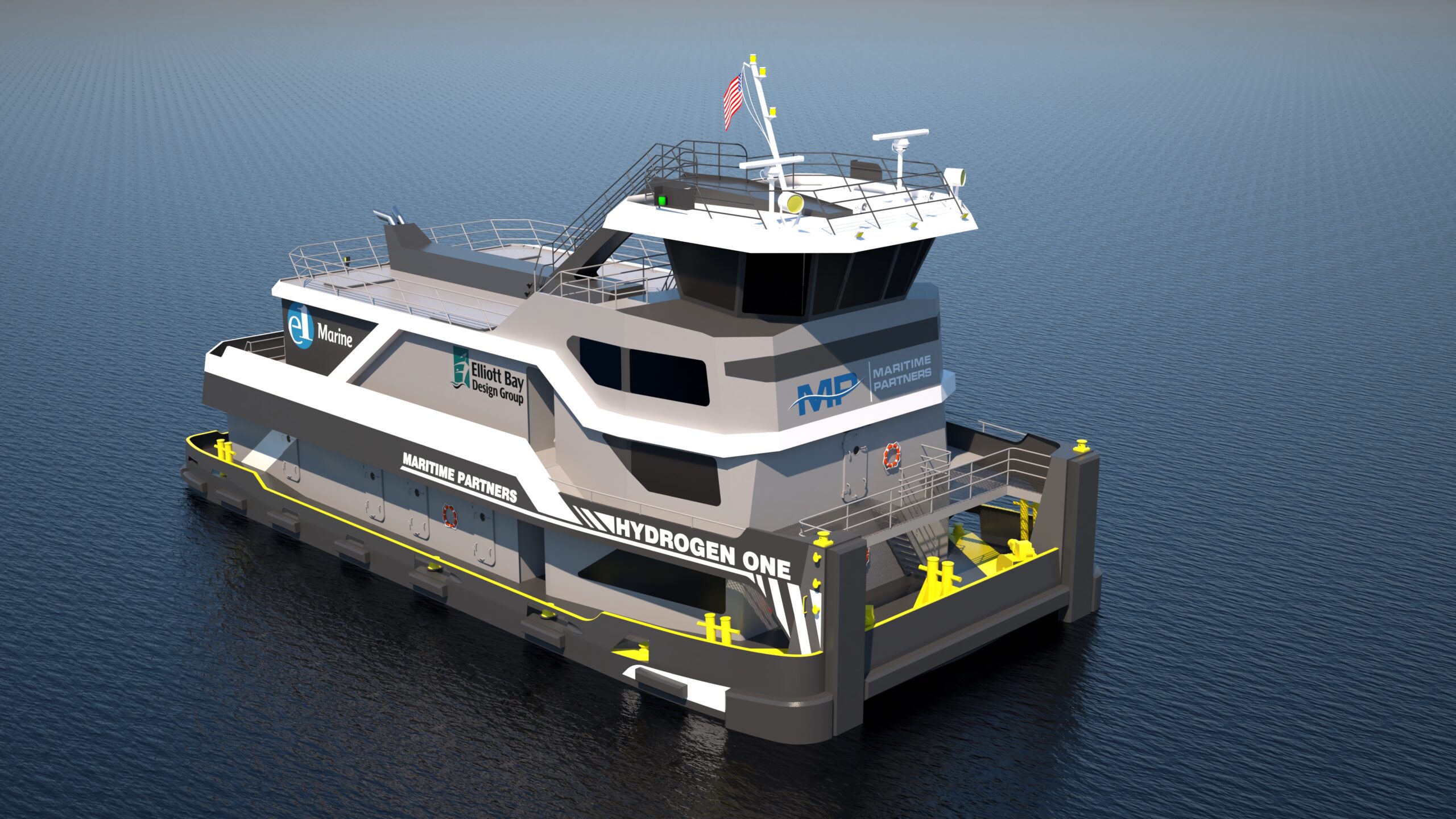 (Bloomberg) — China Rongsheng Heavy Industries Group Holdings Ltd. is in talks with two coastal cities and government departments to secure financial assistance, as the nation’s shipowners association forecast a slump in vessel orders will run through next year.
(Bloomberg) — China Rongsheng Heavy Industries Group Holdings Ltd. is in talks with two coastal cities and government departments to secure financial assistance, as the nation’s shipowners association forecast a slump in vessel orders will run through next year.
The country’s largest shipyard outside state control is in discussions with the cities of Rugao and Nantong and some ministry-level departments related to the shipping industry, Rongsheng spokesman William Li said by phone today. The company said July 5 it was seeking financial assistance from the government after a plunge in orders forced it to reduce production and “restructure” its workforce. Li declined to elaborate.
“It will be difficult to see an obvious recovery before the end of next year” in demand for ships, Zhang Shouguo, vice president of the China Shipowner’s Association, said in a telephone interview today. “The shipping industry has been in a downturn for at least three years.”
Rongsheng and other Chinese shipmakers are struggling as a global vessel glut makes orders more difficult to win and pushes down prices. China has also identified shipbuilding as an industry with overcapacity, for which authorities won’t approve new projects and will limit financing as part of Premier Li Keqiang’s campaign to reduce the economy’s reliance on exports and investment for growth.
Two calls each to Rugao and Nantong local governments’ media offices seeking comment went unanswered today. Rongsheng has a production base in Nantong, a prefecture-level city that has administrative jurisdiction over Rugao.
Pricing Power
“We expect shipyard failures could become a reality in China if current conditions persist,” Barclays Plc analysts Jon Windham and Esme Pau wrote in a report to clients yesterday. “Those yards not facing such harsh financial difficulties could increase their market and pricing power.” The Hong Kong-based analysts lowered their rating on Rongsheng’s shares to “underweight” from “equalweight.”
A third of the shipyards in China, the world’s biggest shipbuilding nation, may be shut in about five years, the China Association of National Shipbuilding Industry said last week. The order book of Chinese shipbuilders fell 23 percent at the end of May from a year earlier, according to data from the shipbuilders’ group.
Rongsheng said last week it may post a net loss for the first half. The Shanghai-based company reported an annual loss of 573 million yuan ($93.5 million) last year and a 50 percent drop in revenue. The Wall Street Journal reported on July 3 that the shipbuilder had laid off about 8,000 workers.
Shares Gain
Shares of Rongsheng rose 3.8 percent to 82 Hong Kong cents at close of trading in the city. The stock has plunged 34 percent this year, compared with a 9 percent decline for the benchmark Hang Seng Index.
Overcapacity is at the “core” of the plunge in profits for China’s shipbuilders, the shipowner association’s Zhang said. The group’s membership is made of the nation’s largest shipping companies, including China Ocean Shipping Group, China Shipping Group Co. and Sinotrans Ltd.
A.P. Moeller-Maersk A/S, the world’s largest container line, said last month it would pool vessels with it two biggest competitors in an effort to manage overcapacity and raise unprofitable freight rates. Maersk Line, Mediterranean Shipping Co. and CMA CGM SA agreed to cooperate on the world’s three largest trade lanes after seeing “virtually no growth” since the financial crisis in 2008, Maersk Line Chief Trading and Marketing Officer Vincent Clerc said.
Curbing Overcapacity
Vice Premier Zhang Gaoli said in May that China must “strictly forbid” approvals of projects in industries with overcapacity, including those in the ship-building sector, state broadcaster China Central Television reported. The Economic Information Daily reported today that China will implement “strict” financial policies to curb overcapacity.
“There is a saying in Chinese: ‘Save the one that needs it the most, not the poorest,’” Zhang said. “If Rongsheng’s troubles are temporary, and the company’s other management controls are good, and the company still has a promising future, then yes, the government can step in and give it a helping hand.”
Copyright 2013 Bloomberg.

 Join The Club
Join The Club












